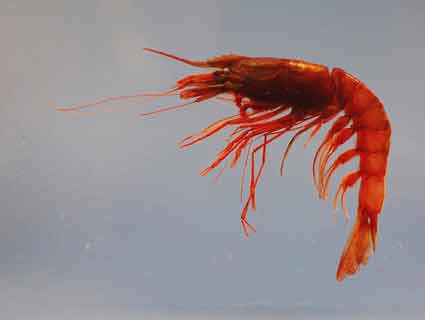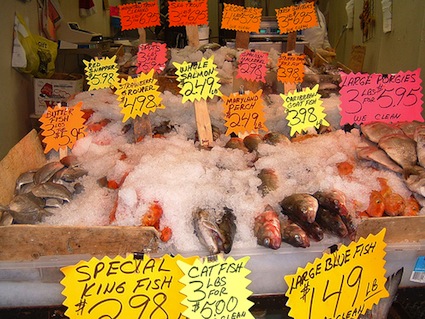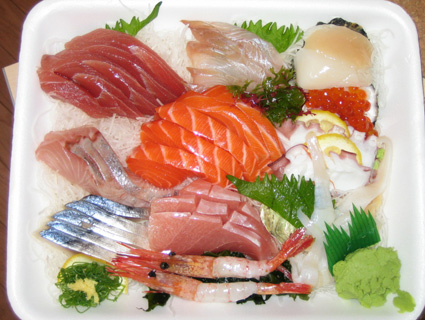
TunedIn by Westend61/Shutterstock
When you buy fish from the grocery store, it’s not always clear exactly what you’re getting. The industry is fragmented and murky, plagued by seafood fraud—when fishermen or processors take cheaper, lower quality fish and disguise or mislabel it to try to make more money. Don’t count on regulators to catch this deception. In 2009, the Government Accountability Office took a hard look at the three agencies responsible for detecting seafood fraud, and concluded they were failing to “effectively collaborate with each other”—putting consumers’ wallets and health at risk.
Monica Jain, the founder and executive director of Manta Consulting Inc.—and our guest on this week’s episode of Bite—believes innovative businesses may hold the key to solving some of the industry’s woes. Drawing on a background in marine biology and decades of experience in environmental consulting, in 2013 Jain founded the Fish 2.0 conference, which pairs smart seafood startups with investors looking to make an impact.
At Fish 2.0 2015, held at Stanford in November, entrepreneurs from 37 companies pitched everything from portable algae farms to skateboards made from reclaimed nylon fishing nets to a room of tony impresarios.
“Take out your duct tape, paper clips, tools,” urged Jain in her opening speech. “Think like this guy!” she exclaimed, as the screen behind her flashed to a cheesy poster for MacGyver, the ’90s television show about the secret agent whose name has become synonymous with resourcefulness in any situation. “If we all do it, I think we can change the future of the oceans.”
Several of the companies that pitched at Fish 2.0 focused on making seafood more transparent and safer to eat. Here are a few that just might have landed the next big idea:
- Better tracking: Vessel tracking systems are little boxes placed on boats that work with GPS and satellite systems to follow where fish are being caught. Some new versions have cameras that capture footage, says Jain, helping to show whether the boat is complying with quotas, using the right gear, and throwing bycatch—sea creatures caught accidentally—back into the ocean. Pelagic Data Systems makes a solar-powered box that sends data via cellular networks, marketed to small-scale fishermen who can’t necessarily afford fancy new technology. The company hopes to make it easier for fishermen to gather and pass along information about what they catch.
- Snazzier transparency tools: TRUFish hopes to create “fraud-free” fish. The company’s founder, Roxanne Nanninga, teamed up with a lab at Duke University to use DNA-sequencing to verify the true genetics of any type of fish, “fresh or frozen,” no matter what’s on the label.
- Thoughtful brands: Let’s be honest—not many of us know how to distinguish tilapia from cod or halibut after it’s been skinned, filleted, and frozen. So it can be tricky to know when we’re the victims of seafood fraud. Several seafood brands now provide customers with detailed information about a fish fillet’s source. California-based Salty Girl Seafood (deemed the early-stage business with the “strongest market potential” at last year’s Fish 2.0 competition) sells pre-marinated fillets that arrive in packaging displaying the species of fish, where it was caught, and a code customers can enter online to view more details about what they’re eating.
- Farmed fish redemption: Love the Wild, based in landlocked Colorado, promotes traceable farmed fish that arrives with a sauce so you can quickly whip up a dinner of “Red Trout with Salsa Verde” or “Catfish with Cajun Creme.” Though fish farming historically has a bad rap—mostly based on mistakes made by massive unregulated fish farms in Asia—aquaculture is undergoing something of a renaissance in the United States. Fish farmers control every step of the growing process, which makes it easier for interested farmers to raise food in an environmentally friendly fashion. Says Jain: “People want their systems to be less wasteful and polluting because those are not just better for the environment—they’re more profitable. It creates more production risk to do it unsustainably.”
Bite is Mother Jones‘ new food politics podcast. Listen to all our episodes here, or by subscribing in iTunes, Stitcher, or via RSS.
















